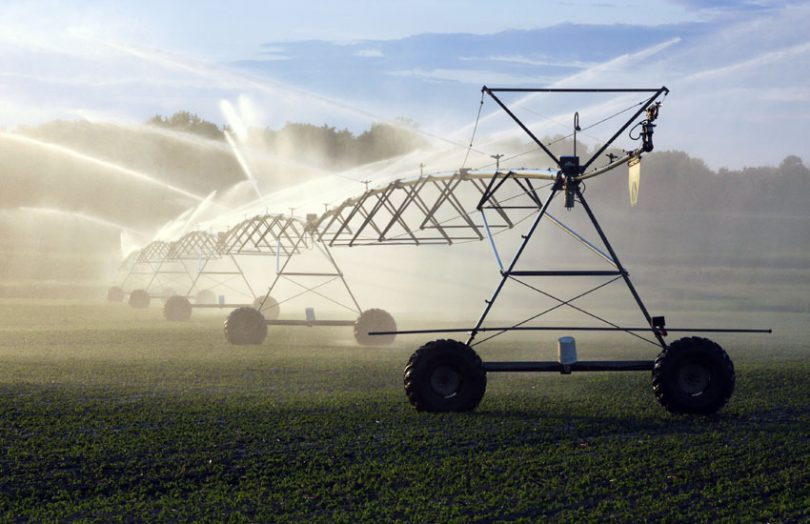Government agency the Cooperative Research Centre for Developing Northern Australia (CRCNA) is collaborating with blockchain firm Civic Ledger to develop a water trading platform in the Far North Queensland (FNQ) region, the Water Ledger.
Water trading in Australia is a complex business. Water rights or entitlements provide a share of the total water “pool” but the entitlements were granted in perpetuity. So the only way for new or existing users to increase their share of water is to buy entitlements from existing holders.
Civic Ledger told Ledger Insights that the market is relatively opaque and has received criticism for lack of reporting on who is trading what, where and when. Additionally, the current process of reporting trades is fragmented and raises concerns about fake transactions.
The basic goal is to ensure that all — agriculture, industries, cities, and environment — can share water fairly. However, the problem is the complicated business rules that govern different water entitlements and their transfer.
At the core of the complexity is the number of participants. There are seven regulators, four State registries, 300 water products and over 15,000 business rules that administer water trades. That means intermediaries thrive.
With help from the CRCNA, Civic Ledger will pilot a research project and form a public register which holds all water trading data. This would also help trade optimization, reducing costs for stakeholders. But above all it will add transparency.
“The Water Ledger platform will completely transform the way irrigators trade temporary water allocations,” said Katrina Donaghy, CEO and Co-founder of Civic Ledger. “A catalyst to driving innovation across water markets is to remove unnecessary complexities in how water allocations are traded. This means simplifying the process and providing greater clarity to stakeholders.”
The project also involves representatives from the Queensland Department of Natural Resources Mines and Energy, SunWater, the Royal Melbourne Institute of Technology (RMIT) Blockchain Innovation Hub, Griffith University and FNQ Growers.
SunWater, the government-owned water supply company, will provide historical temporary water allocation data to the Water Ledger platform. The solution will include smart contracts embedded with rules of water supply schemes. The goal is to enable irrigators to instantly trade temporary water allocations, which currently takes weeks to execute.
Civic Ledger’s solution is based on the Ethereum blockchain and uses the DAML smart contracting language, the same one used by the Australian Securities Exchange. The startup hopes to transform water markets in Australia to unlock A$13 billion ($8.4 billion) in agricultural exports to the ASEAN region.
However, the project is facing some challenges due to the COVID-19 crisis.
“We are planning on holding virtual events and training opportunities to demonstrate the Water Ledger platform and provide remote access and support for irrigators to use the virtual trading simulator to show trading of temporary water allocations,” added Donaghy.
Civic Ledger is focused on civic use cases using blockchain technology. Some of its current projects include tracking liquor licenses and blockchain for intellectual property.






